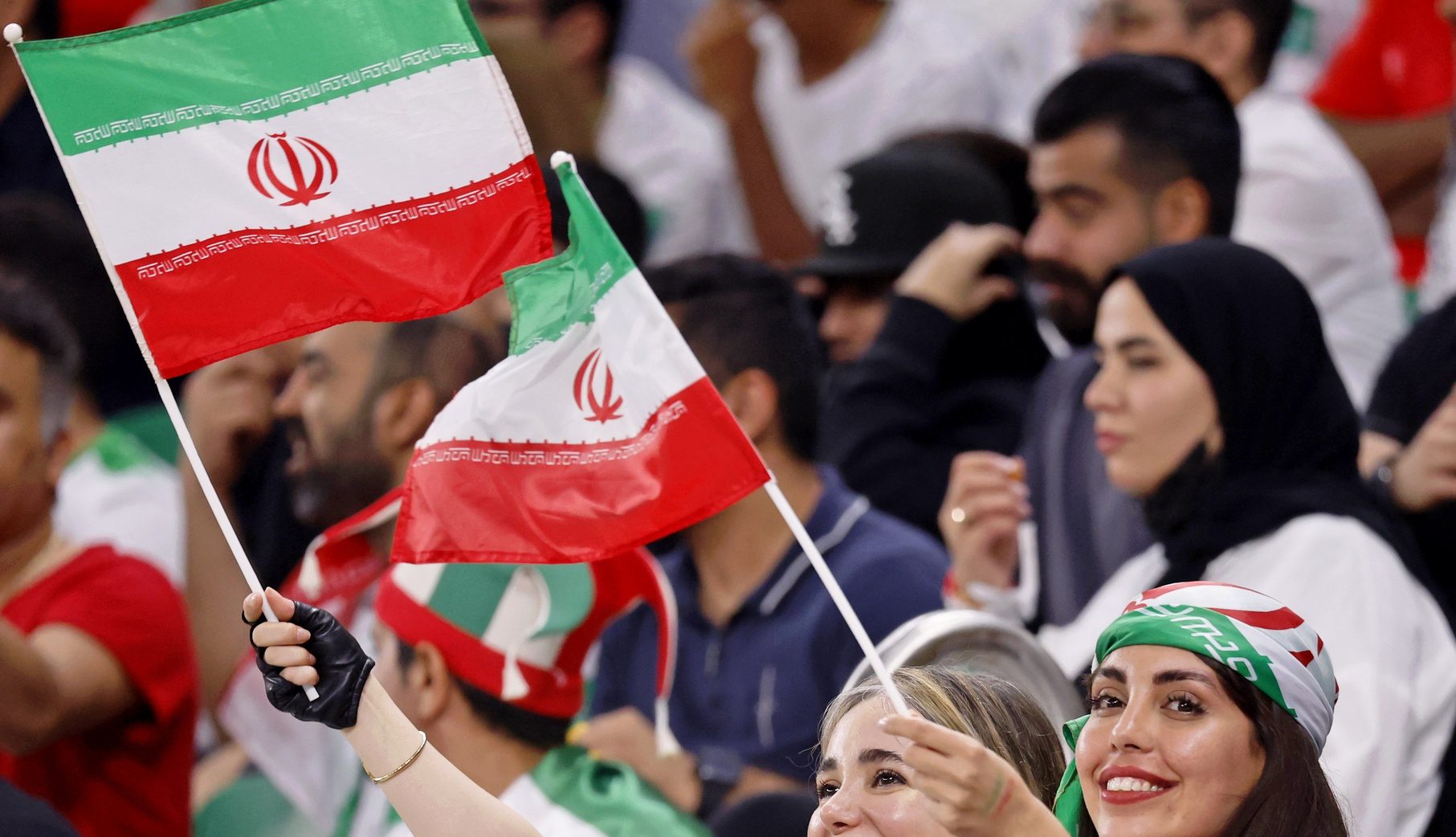The NFL draft has changed significantly over the years thanks to the work of University of Chicago professor Richard Thaler, who’s now a Nobel laureate. Thaler was awarded the Nobel Prize in economics Monday for his work in behavioral economics, specifically for “incorporating a more realistic understanding of human behavior into economic theory, and for using the resulting insights to improve public policy.”
Thaler, a behavioral economics pioneer who initially worked for a Texas payday loans company, helped illustrate that people often depart from rationality in consistent and predictable ways, and his work has led to a lot of public policy changes, such as a shift towards automatic enrollment in retirement savings programs and school lunch programs. He also had a major impact on the NFL draft, as Michael David Smith writes at Pro Football Talk:
In 2005, Thaler and colleague Cade Massey released a paper titled, “The Loser’s Curse: Overconfidence vs. Market Efficiency in the National Football League Draft.” The paper showed that the highest picks in the draft were overpaid relative to their eventual NFL performance, while second-round picks were bargains relative to their eventual NFL performance. The sweet spot, the economists found, was in the middle of the second round — that’s where the picks were most likely to be good enough NFL players to justify their contracts.
Several teams’ analytics departments took notice of Thaler’s research. Some began to use Thaler’s thinking and traded down in the first round of the draft, although others that consulted with Thaler couldn’t help themselves and still traded up when they saw a player they loved on the draft board. Thaler once described a meeting with Dan Snyder in which the Washington owner sounded enthused about his staff learning all about Thaler’s research. However, when the draft came, Washington didn’t follow his advice, and when Thaler asked a staffer why, he was told, “Mr. Snyder wanted to win now.”
Thaler’s research began under the old Collective Bargaining Agreement, when the top picks in the draft made enormous salaries. There’s been some talk that Thaler’s research helped put it in NFL teams’ minds that high draft picks were overpaid and led to the new Collective Bargaining Agreement dramatically reducing the contracts of the top picks in the draft. That’s unfortunate for all the Top 10 picks under the new CBA, but helpful to veteran players, as a reduction in the salaries of the top picks leaves more salary cap space available for the rest of the roster.
It’s not specifically Thaler’s NFL research that’s being honored here, but he certainly had a massive impact on the league and on how many teams now view the draft. Trading down and amassing extra picks has worked out very well for a lot of teams, perhaps especially the New England Patriots. And it’s also interesting to read about how his work may have impacted the CBA caps on top picks. There are plenty of correlations between economics and sports, especially when it comes to the behavioral economics field, and Thaler’s work shows this. And now, the teams that have followed Thaler’s logic can say they’re following a Nobel laureate.







